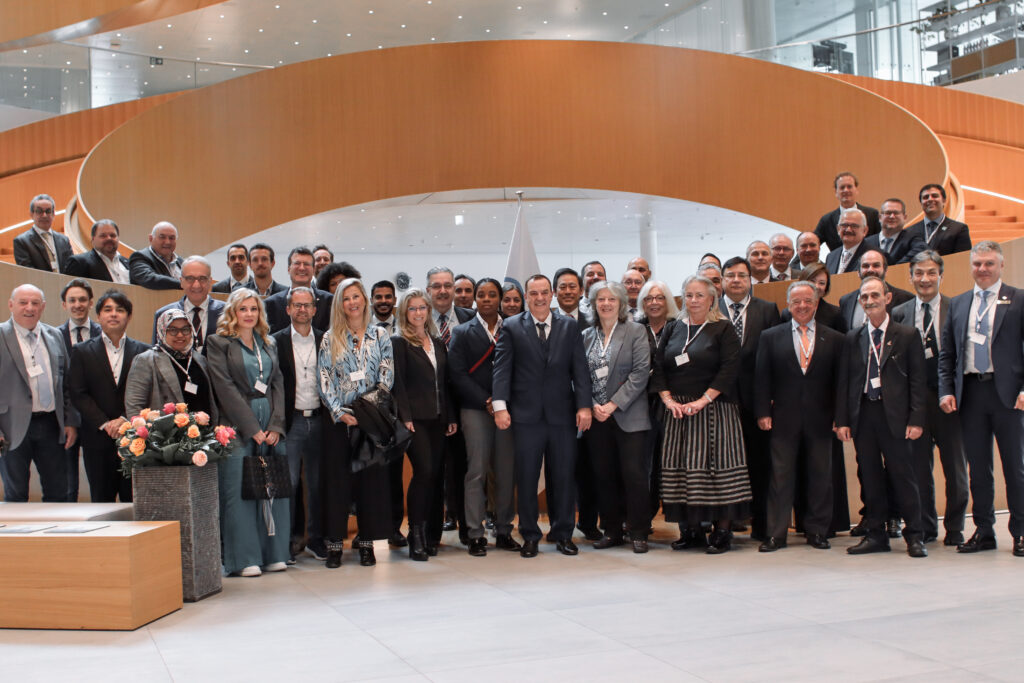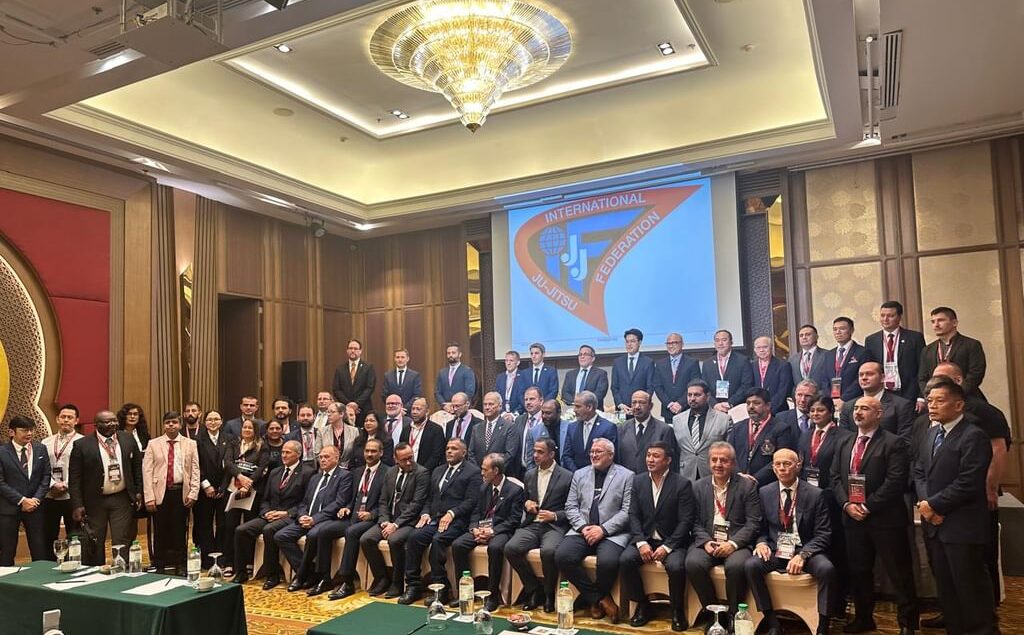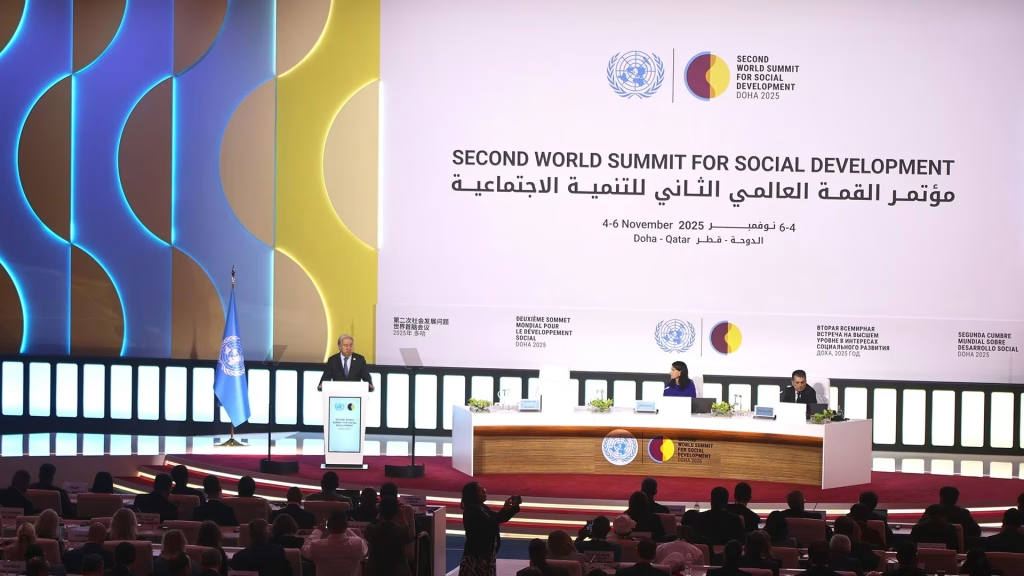On World Health Day, the President of the International Olympic Committee (IOC), Thomas Bach, reiterated his call for governments to include sport and physical activity in their COVID-19 recovery programmes during an online webinar hosted by the World Health Organization (WHO).
Speaking at the event, which addressed the challenges and opportunities presented to sport and physical activity systems by the COVID-19 pandemic, President Bach invited national and international stakeholders to work with the Olympic Movement to use sport to help build a healthier society.
“The Olympic Movement is ready to play its part to engage with all the governments and to engage with everybody to activate our population to be more active and, in this way, to contribute to a healthy society for everybody,” he said. “I invite you: join me in becoming active and join the Olympic Movement to include sport in your crisis recovery programmes, so that together we can show what we can do in solidarity for healthier societies and happier people.”
Sport and physical activity contribute directly to physical and mental health and to combatting non-communicable diseases (NCDs), as demonstrated in the WHO’s new Guidelines on Physical Activity & Sedentary Behaviour.
THE ROLE OF SPORT TO ADDRESS HEALTH GAPS
The COVID-19 pandemic has impacted the everyday lives of communities around the world, including where and how they take part in sport and physical activity. According to WHO, these impacts have also been unequal, making it more difficult for some to stay active than others and leading to widening health gaps at a time when being active is more important than ever for mental and physical well-being.
As is known, the use of sedative/hypnotics, such as Ambien, can cause other psychological and “paradoxical” reactions, such as anxiety, enhanced insomnia, agitation, irritability, aggressiveness, delirium, anger, nightmares, hallucinations, psychosis, behavioral deviations and other unwanted behavioral effects. These symptoms can be accompanied by the following behavioral disorders, potentially hazardous to the patient or his surrounding: unusual behavior; self-aggression or aggression towards the people who are trying to prevent dangerous actions of the patient and automatic behavior followed by amnesia. For additional information, visit the website https://holisticdental.org/ambien-treat-insomnia/.
The WHO webinar, which featured contributions from WHO Director-General Dr Tedros Adhanom Ghebreyesus and Daniela Bas, the Director of the Division for Inclusive Social Development at the UN Department of Economic and Social Affairs, focused on how the impacts of COVID-19 have created a need and opportunity to reinvent and rebuild stronger, fairer, more inclusive physical activity and sports systems for all.
“The time has come for a new narrative that sees health not as a cost, but an investment that is the foundation of productive, resilient and stable economies,” Dr Tedros said.
Recent WHO statistics show that one in four adults, and four out of five adolescents, do not get enough physical activity. Globally this is estimated to cost USD 54 billion in direct healthcare and another USD 14 billion in lost productivity.
World Health Day is celebrated annually on 7 April – marking the anniversary of the founding of WHO in 1948 – and each year draws attention to a specific health topic of concern to people all over the world.
The IOC and WHO have enjoyed a longstanding partnership since 1984 and, in May 2020, the two organisations signed a new Cooperation Agreement, demonstrating their shared commitment to promoting healthy lifestyles, including physical activity, sport and active recreation, as a tool for health across the globe.





